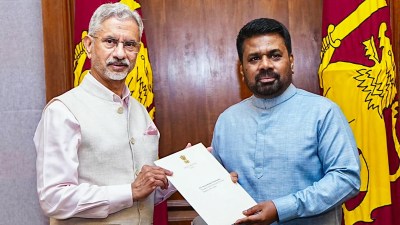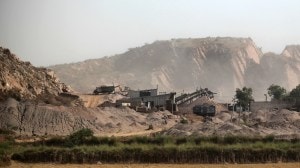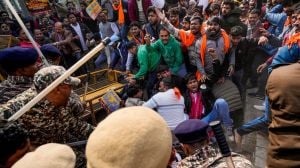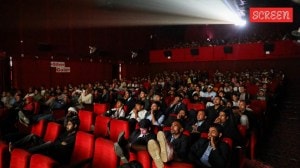Bail for Christian Michel: Who is the alleged middleman in the AgustaWestland helicopter deal?
AgustaWestland Scam: What was the deal, and what role did Michel play, according to the CBI and ED? What role was a former IAF chief alleged to have played, and why was Sonia Gandhi’s name linked to the allegations?
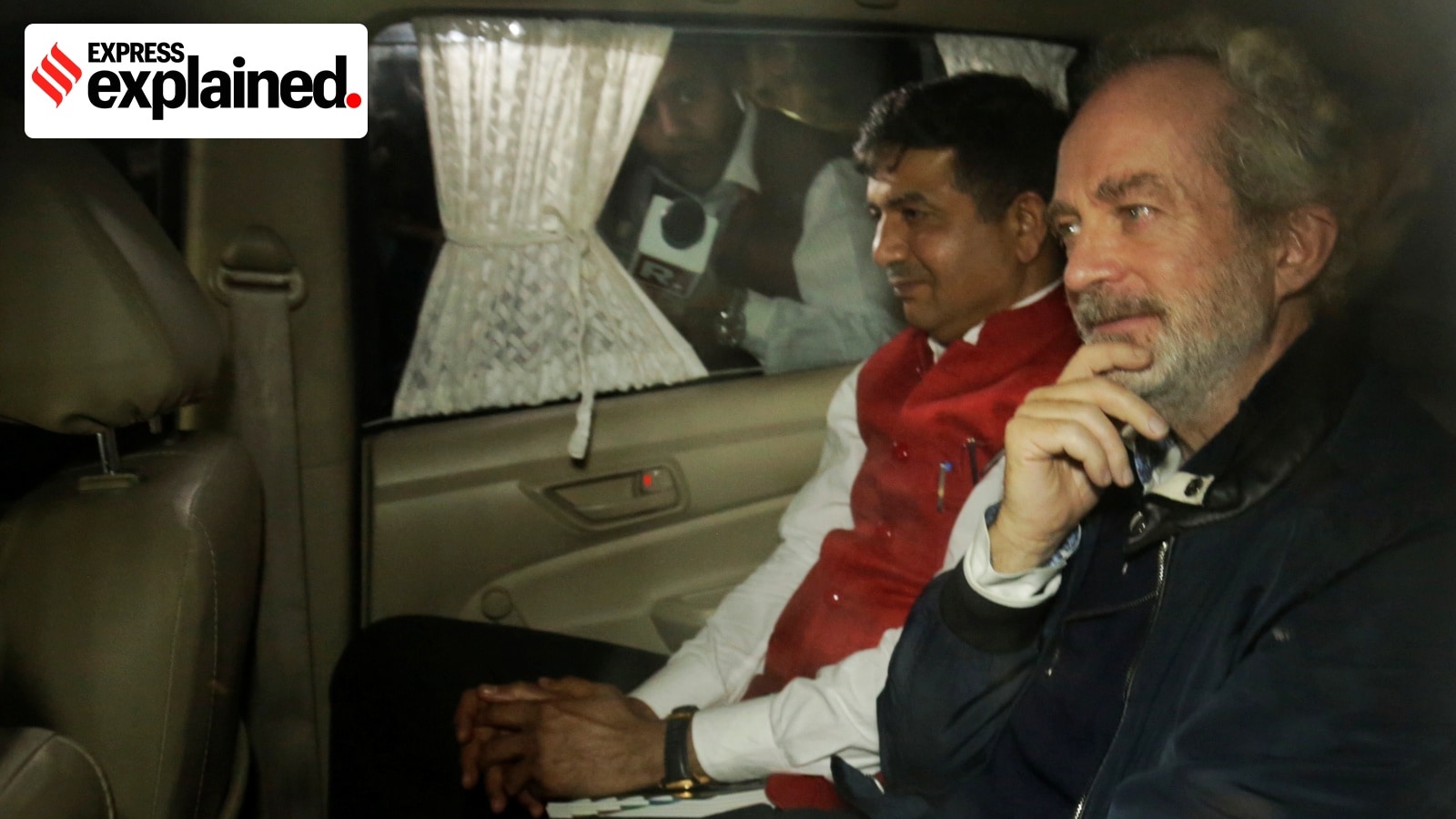 Christian Michel after arrest in New Delhi in 2018. (Express photo By Praveen Khanna)
Christian Michel after arrest in New Delhi in 2018. (Express photo By Praveen Khanna) AgustaWestland Case Explained: The Supreme Court on Tuesday (February 18) gave bail to British citizen Christian James Michel in a case registered by the CBI in connection with the AgustaWestland helicopter deal.
A Bench of Justices Vikram Nath and Sandeep Mehta noted that Michel has been in jail since he was extradited from the UAE more than six years ago, and that the CBI investigation was still ongoing.
Michel had moved the Supreme Court after the Delhi High Court refused him bail on September 25, 2024. On December 6, the top court gave CBI four weeks to file its response.
What is the alleged AgustaWestland scam, and what role is Michel accused of playing in it?
What was the deal to purchase VVIP helicopters, and what are the allegations?
Michel was extradited to India from Dubai, where he was then resident, in December 2018.
According to investigators, he was among the alleged middlemen who bribed Indian officials and politicians to swing a high-value deal to buy helicopters for the Indian government in favour of AgustaWestland, the British arm of Italian firm Finmeccanica.
In 1999, the Indian Air Force (IAF) floated a proposal to buy 12 VVIP helicopters to ferry top government functionaries. In 2010, the contract, which was worth more than Rs 3,600 crore, was granted to AgustaWestland.
Subsequently, there were allegations that the technical specification requirements had been tweaked to help AgustaWestland qualify and win the bid, for which bribes were allegedly paid.
Among the changes in the technical specifications was the lowering of the service ceiling of the helicopter from 6,000 m to 4,500 m. The service ceiling is the maximum altitude to which a helicopter can climb on a sustained basis under standard conditions.
After conducting a preliminary inquiry, the CBI filed an FIR in the case on March 14, 2013. The FIR named former IAF chief Air Chief Marshal S P Tyagi (retd) and 12 other individuals as accused, apart from four companies.
The accused individuals included members of Tyagi’s family and three middlemen — Michel, and two Italian nationals named Carlo Gerosa and Guido Haschke.
The Enforcement Directorate (ED) too began investigations under the Prevention of Money Laundering Act, 2002 (PMLA).
What is the amount of money and the companies involved in the alleged scam?
According to the CBI and ED investigations, in the “offset” category (work to be mandatorily done in India), AgustaWestland set aside 70 million euros to be transferred to companies floated by the alleged middlemen.
Michel set up Global Services FZE in Dubai, and Haschke set up IDS Tunisia, IDS Mauritius, and Aeromatrix. In chargesheets filed in court, investigators have claimed that Michel was supposed to get 42 million euros, and Haschke 28 million euros.
“The real deal was that of the 70 million euros, only 30% would be utilised for actual work including engineering services and media handling while the rest would be diverted to pay bribes,” an investigator had told The Indian Express back in 2018. The CBI has alleged that Indian officials were paid bribes of Rs 362 crore to swing the deal in favour of the Anglo-Italian firm.
Out of the amount Michel was reportedly to get, 30 million euros was allegedly meant to be kickbacks. Out of this, 24 million was paid before the deal was cancelled, according to the ED chargesheet.
What specific role is Michel – and the other two middlemen – alleged to have played in the deal?
Investigations found that while Gerosa and Haschke allegedly paid off members of the Tyagi family, Michel dealt with officials of the Ministry of Defence and politicians.
This was specifically the reason why Indian agencies had been chasing Michel before he was extradited. Italian investigators who had been carrying out their own probe, had claimed to have discovered a handwritten note that mentioned payments against code words such as “pol”, “Bur” and “Family”. However, Michel had claimed in media interviews that the note was fake, and prepared by Haschke.
In a series of investigative reports, The Indian Express had reported that the ED had accused Michel of sending packets of cash to various people through his driver. According to the ED, he would regularly meet with various Indian entities, including the cousins of Tyagi, while brokering the deal.
Michel also purportedly bought and sold a string of properties in Delhi, including a farmhouse in Chhattarpur and a showroom in DLF Emporio Mall in Vasant Kunj.
Is there a political angle to this controversy as well?
In July 2018, Michel’s lawyer Rosemary Patrizi and his sister Sasha Ozeman told the media that Michel had been detained by authorities in Dubai and that CBI officials had interrogated him. They claimed that the officials had tried to pressure him to sign a confession saying that he had met Congress leader Sonia Gandhi when the deal was being negotiated.
The CBI had denied this allegation. In a statement, the agency had said: “Christian Michel James was arrested in February 2017 by UAE. He was not arrested this year (2018) as claimed by the defence lawyer. CBI team has not examined the fugitive Christian Michel James nor has it influenced or pressurised him to extract confession.”
Michel has denied having met any member of the Gandhi family in connection with the case. His lawyer claimed at the time that Michel had refused to sign the alleged confession because he had never met Sonia Gandhi.
This explainer draws from an earlier explainer by Deeptiman Tiwary that was published on September 20, 2018.
- 01
- 02
- 03
- 04
- 05


